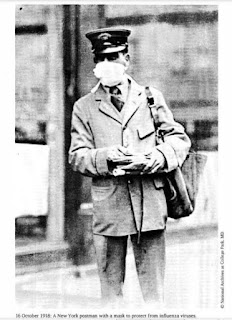From immunity-boosting lemons to panic buying of pulse oximeters --- Punekars have again stocked up everything today, as the city is bracing for another 10 days of 'strict lockdown' in the times of coronavirus-induced pandemic. Frankly, i don't know where we are leading to with so many lockdowns. For the record, the city is going to witness sixth phase of lockdown, and ironically enough --- amid Unlock 2.0.
What always concerned me during the ever-stretching lockdown, as cordon sanitaire is popularly known in this part of the world since March, how someone will deal with mishaps at home --- a broken kitchen tap or short-circuit of fuse or even a broadband modem issue. I remember on a winter afternoon, the shower tap of our apartment's bathroom suddenly going bust, as i was taking a bath, and i could hardly control anything. By the time we, thankfully my wife was at home then, could switch off the connecting pipeline and call a plumber, our room was overflowing; and, i had to take a leave from office just to put things in order.
If something happens today, how will i, or anyone, manage? One of my colleagues suffered internet breakdown in early-April when we had just started working from home, a process not unknown to many software engineers but a complete new aspect in the print newspaper business. Even six months ago, i could not imagine desk editors and designers are working from different locations and bringing out the paper every evening in a seamless process in just about four-five hours. After going through the trauma of intermittent broadband for a few days, he got hold of a portable Wi-Fi dongle, and when we were speaking yesterday, i got to know that now his house has five different sets of back-ups from as many internet service providers.
Not everyone can stock internet devices like him to tide over such an unprecedented situation. But how is it justified to pick up 23 packs of hand sanitisers? Or, 8 litres of milk, especially when this is part of essential commodity? Shops selling milk and medicines will remain open in Pune from July 14 to 18 but nothing else --- nor even vegetables or grocery items. I feel lockdowns have led to more stress among all of us than serving any real purpose. Those who still feel lockdown will kill the virus or break the chain of infection should look at the health stats after it was lifted. And, the country, or any city, can be under lockdown forever; it's unrealistic. Between July 14 and 24, there will be less infections in Pune but what will happen after July 25?
What we need is awareness about how to keep ourselves safe with precautions. Ruining the economy, on track to rebound, is not the call of the hour. Also, i am confident i would not see a sea change in health infrastructure in the city after 10 days of lockdown either. Then why should we need such frequent cordon sanitaire?





